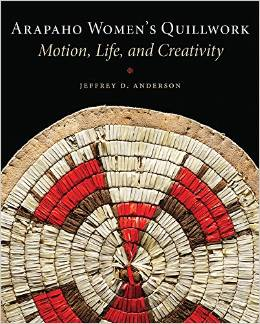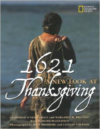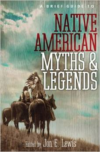Description
More than a hundred years ago| anthropologists and other researchers collected and studied hundreds of examples of quillwork once created by Arapaho women.
Since that time| however| other types of Plains Indian art| such as beadwork and male art forms| have received greater attention.
In “Arapaho Women’s Quillwork| ” Jeffrey D.
Anderson brings this distinctly female art form out of the darkness and into its rightful spotlight within the realms of both art history and anthropology.
Beautifully illustrated with more than 50 color and black-and-white images| this book is the first comprehensive examination of quillwork within Arapaho ritualized traditions.
Until the early twentieth century and the disruption of removal| porcupine quillwork was practiced by many indigenous cultures throughout North America.
For Arapahos| quillwork played a central role in religious life within their most ancient and sacred traditions.
Quillwork was manifest in all life transitions and appeared on paraphernalia for almost all Arapaho ceremonies.
Its designs and the meanings they carried were present on many objects used in everyday life| such as cradles| robes| leanback covers| moccasins| pillows| and tipi ornaments| liners| and doors.
Anderson demonstrates how| through the action of creating quillwork| Arapaho women became central participants in ritual life| often studied as the exclusive domain of men.
He also shows how quillwork challenges predominant Western concepts of art and creativity: adhering to sacred patterns passed down through generations of women| it emphasized not individual creativity| but meticulous repetition and social connectivity–an approach foreign to many outside observers.
Drawing on the foundational writings of early-nineteenth-century ethnographers| extensive fieldwork conducted with Northern Arapahos| and careful analysis of museum collections| “Arapaho Women’s Quillwork” masterfully shows the importance of this unique art form to Arapaho life and honors the devotion of the artists who maintained this tradition for so many generations.






Reviews
There are no reviews yet.